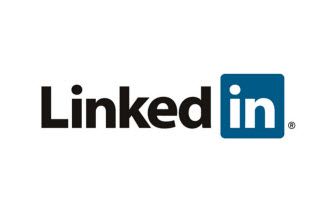Top Class Actions’s website and social media posts use affiliate links. If you make a purchase using such links, we may receive a commission, but it will not result in any additional charges to you. Please review our Affiliate Link Disclosure for more information.

LinkedIn notes that the plaintiffs allege violations of California’s statutory right of publicity, codified in the state’s constitution, and that they are using that to seek damages under the Unfair Competition Law. Were they successful, they and their class action lawyers would gain a minimum of $750 per member. The company argues that the class action lawsuit fails on two standards.
First, the case law regarding the statutory right to privacy focuses not on people who saw their likeness used for profit, as the LinkedIn members allege, according to the company’s motion. Instead, a federal court concluded that “the statutory minimum damages were meant to compensate non-celebrity plaintiffs who suffer … mental anguish yet no discernible commercial loss.”
However, that should not be necessary, the company’s defense team argues. Since California courts have been the site of many class action lawsuits regarding tech companies like Facebook, Google and Yahoo!, interpretations of federal law have built up. LinkedIn notes that the 9th U.S. Circuit Court of Appeals, which governs precedent in the Northern District of California, has already ruled regarding the Federal Communications Decency Act.
By statute, the law notes that “[n]o provider or user of an interactive computer service shall be treated as the publisher or speaker of any information provided by another information content provider.” According to the motion to dismiss, the very fact that the users saying that the reminder emails were used to grow the website is a problem for the LinkedIn class action lawsuit.
“Traditional editorial functions” are protected by a publisher or speaker and the tech firm argues it is doing exactly that, because without the input of the users, “pre-prepared responses” would not be possible. Therefore, the putative Class has chosen to “consent to and create the content of those communications,” and as such are protected by the Federal Communications Decency Act, according to the motion.
This is not LinkedIn’s first attempt to escape the privacy class action lawsuit. Last December, the company sought to dismiss the LinkedIn class action lawsuit because it was “meritless.”
The plaintiffs are represented by Larry C. Russ, Dorian S. Berger and Daniel P. Hipskind of Russ August & Kabat.
The LinkedIn Privacy Class Action Lawsuit is Perkins et al. v. LinkedIn Corp., Case No. 5:13-cv-04303, in the U.S. District Court for the Northern District of California.
ATTORNEY ADVERTISING
Top Class Actions is a Proud Member of the American Bar Association
LEGAL INFORMATION IS NOT LEGAL ADVICE
Top Class Actions Legal Statement
©2008 – 2024 Top Class Actions® LLC
Various Trademarks held by their respective owners
This website is not intended for viewing or usage by European Union citizens.














